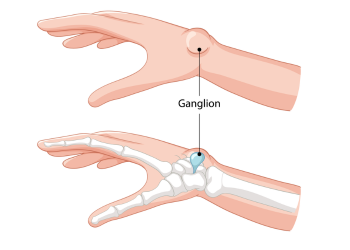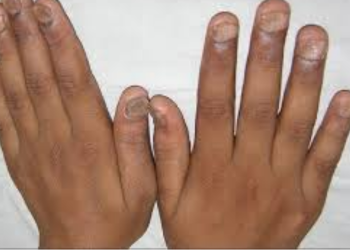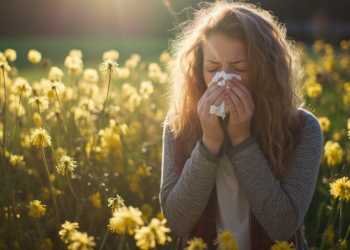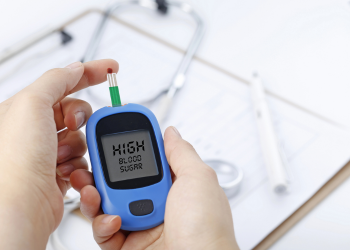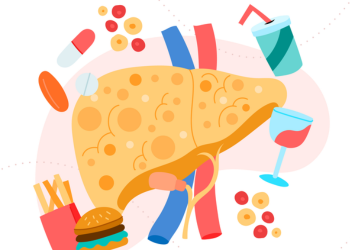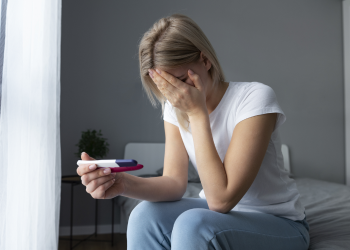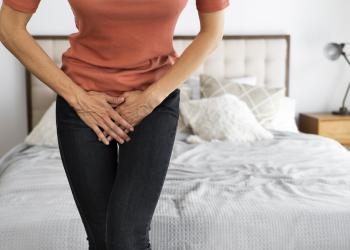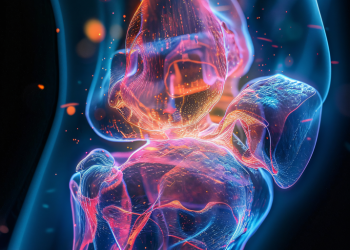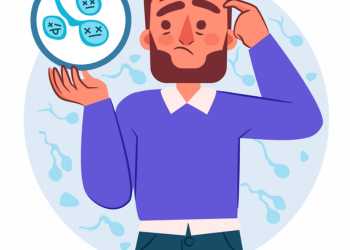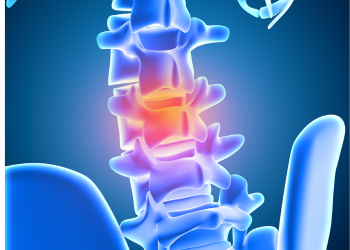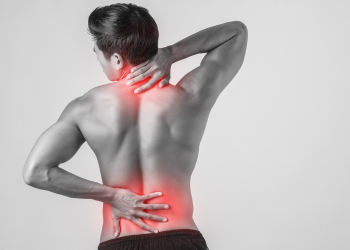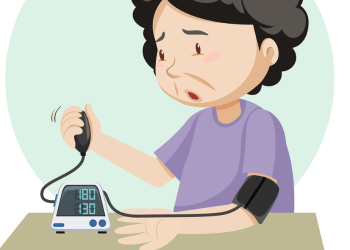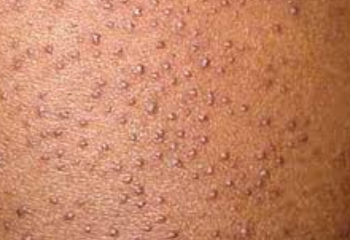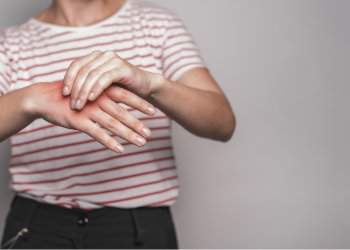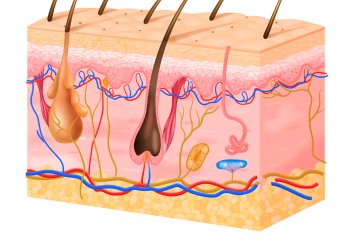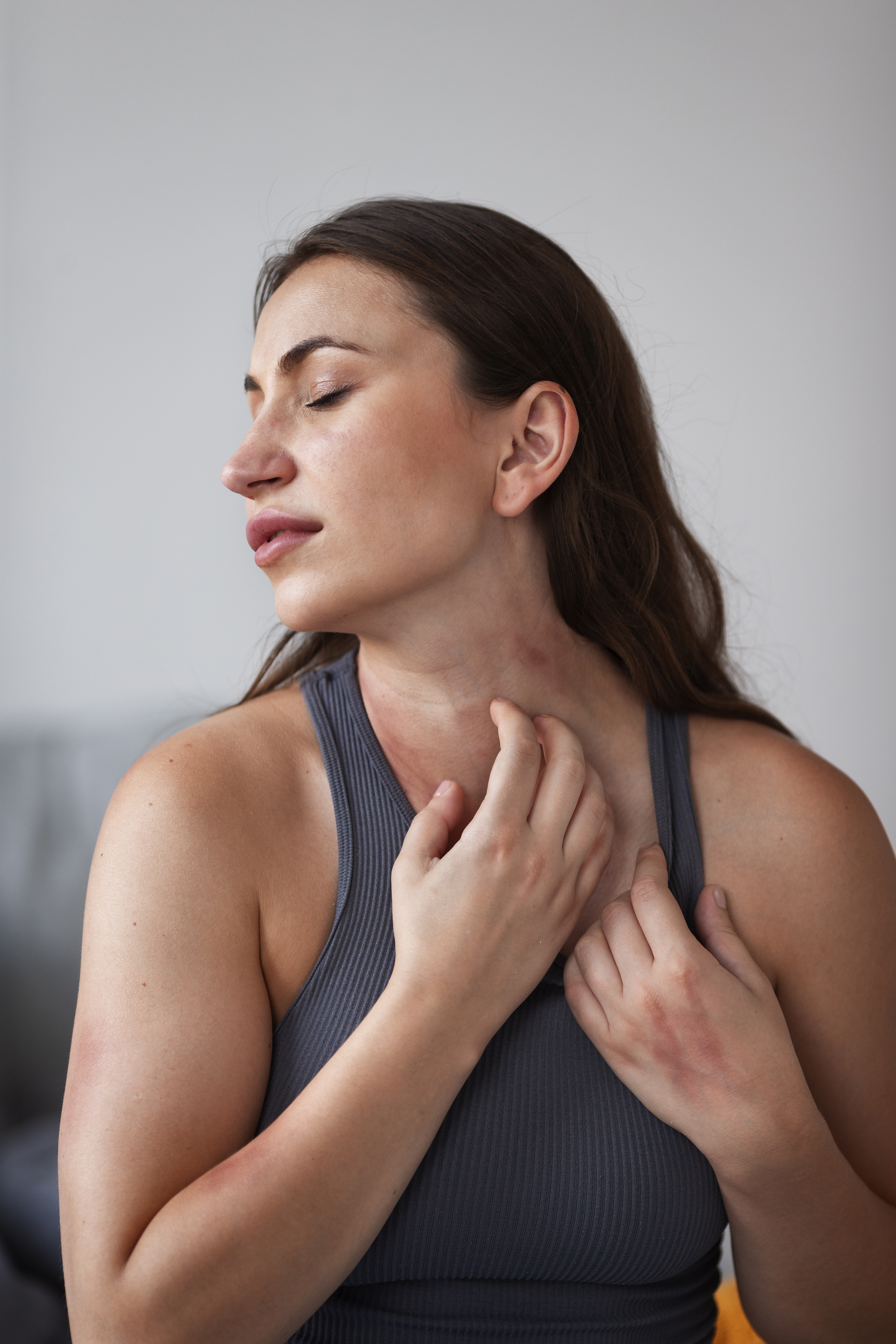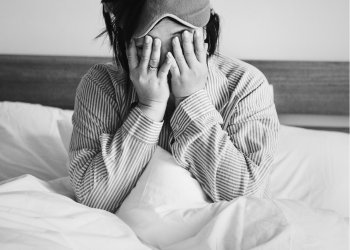
Insomnia is a common sleep disorder thatmake it hard to fall asleep or stay asleep.It can also cause you to wake up too early and not be able to get back to sleep. You may still feel tired when you wake up. Insomnia can drain your energy level and affect your mood. Homeopathy has very good medications that treat insomnia. Homeopathic medicines won't have any dependency or side effects. Once cured, you do not need any medicines to continue with normal sleep.
Many adults have short-term insomnia lasting for days or weeks.
Short-term insomnia is usually due to stress or a distressing event. But
long-term insomnia, also called chronic insomnia, lasts for three months or
more. Simple changes in your daily habits can often help you regain your sleep.
SYMPTOMS
Having a hard
time falling asleep at night.
Waking up
during the night.
Waking up too
early.
Feeling tired
or sleepy during the day.
Feeling
cranky, depressed or anxious.
Having a hard
time paying attention, focusing on tasks, or remembering.
Making more
errors or having more accidents.
Having ongoing
worries about sleep.
CAUSES
Stress.
Travel or work
schedule. The body's "internal clock," known as circadian
rhythms, guides things such as your sleep-wake cycle, metabolism, and body
temperature.
Poor sleep
habits. Poor sleep habits include going to bed and waking up at different
times each day, taking naps, being too active before bedtime and having a sleep
area that is not comfortable.
Eating too
much late in the evening
Mental health
disorders. Anxiety disorders, such as post-traumatic stress disorder, may
disrupt your sleep. Waking up too early can be a sign of depression.
Medicines.
Medical
conditions. Examples of conditions linked with insomnia include ongoing
pain, cancer, diabetes, heart disease, asthma, gastroesophageal reflux disease
(GERD), overactive thyroid, Parkinson's disease, and Alzheimer's disease.
Sleep-related
disorders. Sleep apnea causes you to stop breathing at times during the
night, disrupting your sleep. Restless legs syndrome causes a strong
uncomfortable urge to move your legs when trying to fall asleep.
Caffeine,
nicotine and alcohol.
Insomnia and aging
Female- Changes in hormones
Aging- over 60. Due to changes
in sleep pattern
Mental health or physical
health condition.
Under a lot of
stress.
Do not have a regular
schedule.
Complications of insomnia
Lower
performance on the job or at school.
Slowed
reaction time while driving and a higher risk of accidents.
Mental health
conditions, such as depression, anxiety or substance misuse.
Higher risk or
worsening of long-term diseases or conditions, such as high blood pressure and
heart disease.
Prevention
Keep the time you go to
bed and the time you wake up the same every day, including weekends.
Stay active. Regular
activity can lead to a good night's sleep.
Limit naps or do not nap
at all.
Limit or do not use
caffeine, alcohol and nicotine.
Do not eat large meals or
drink a lot of fluids before bed.
Make your bedroom
comfortable for sleep
Create a relaxing bedtime
ritual, such as taking a warm bath, reading or listening to soft music.
DIAGNOSIS
Physical
exam.
Sleep habits
review.
Sleep study.
Treatment
Changing sleep habits and taking care of any issues related to insomnia,
such as stress, medical conditions, or medicines, can result in restful sleep
for many people.
CBT for insomnia
Cognitive behavioral therapy for insomnia can help you control or stop
negative thoughts and actions that keep you awake. The behavioral part
of CBT helps you learn good sleep habits and stop behaviors that keep
you from sleeping well.
Strategies include:
Stimulus control therapy. This
method helps train your mind and body to sleep better and not fight sleep.
Relaxation methods. Progressive muscle
relaxation, biofeedback, and breathing exercises are ways to lower anxiety at
bedtime.
Sleep restriction. With this method,
you reduce the time you spend in bed and stop napping during the day, so you
get less sleep.
Remaining passively awake.
Light therapy. If you fall asleep too early and then wake up
too early, you can use light to push back your internal clock. You can go
outside when it's light outside in the evenings or you can use a light box.
Talk to your doctor for advice.
FAQs
What is reason for insomnia?
Insomnia is a sleep disorder that can make falling
or staying asleep difficult. Common causes include stress, taking stimulants,
and side effects of medications. Lifestyle measures, such as following a sleep
schedule and creating a calm sleeping environment, can help.
How do I stop my insomnia?
Go to bed and wake up at the same time every day.
Relax at least 1 hour before bed, for example, take a bath or read a
book.
Make sure your bedroom is dark and quiet – use curtains, blinds, an eye
mask or earplugs if needed.
Exercise regularly during the day.
HOMEOPATHY TREATMENT
Homeopathy
offers a personalized, holistic approach to treating insomnia, focusing on the
root causes rather than just symptoms. If you're considering homeopathy, it's
essential to consult with a qualified practitioner who can tailor treatments to
your specific needs.
Sweet
dreams and restful nights await you.
Homeopathic medicines
Passiflora
Thyroidinum
Thuja

